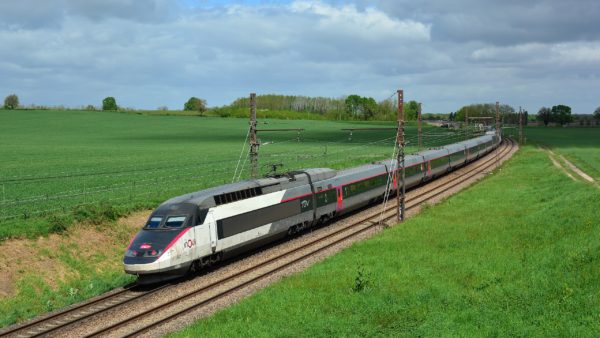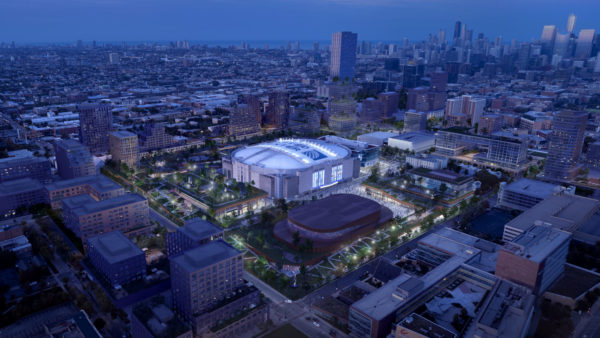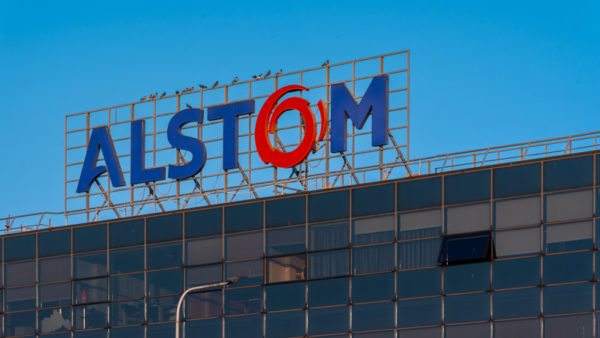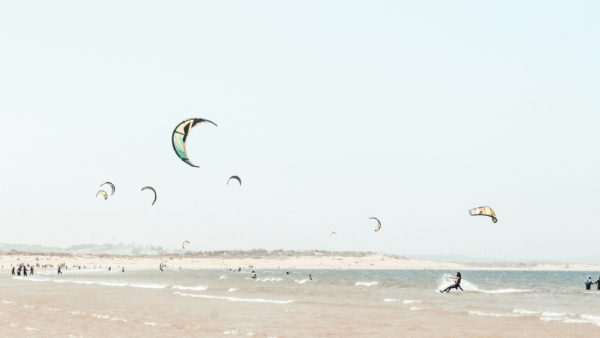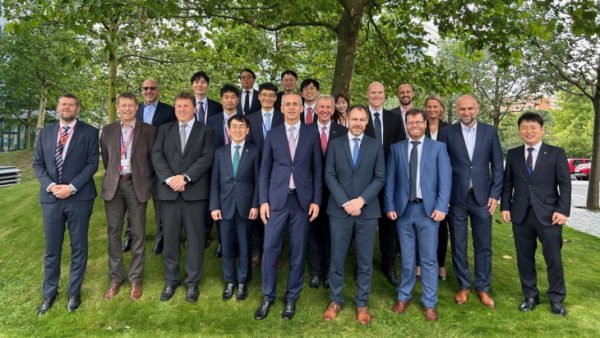"Djibouti does not recognise the international rule of law," protests Dubai port operator DP World.
Relations between the tiny-but-strategic Republic of Djibouti and the United Arab Emirates (UAE) hit a new low on Saturday (4 August) when the Djiboutian government dismissed a ruling by the London Court of International Arbitration that its seizure of the Doraleh container terminal from Dubai-based port operator DP World was illegal.
In response, DP World has protested that Djibouti "does not have sovereignty over a contract governed by English law", and that its decision demonstrates that it "does not recognise the international rule of law".
The Djiboutian government nationalised the facility in February on the grounds that DP World’s ownership violated Djibouti’s national sovereignty, and passed legislation, which it called Law 202, to end the 30-year concession agreement that was signed in 2006. It is presently being run by the state owned Doraleh Container Terminal Management Company.
On 2 August the London tribunal found that Doraleh Container Terminal’s concession agreement "remains valid and binding notwithstanding Law 202 and the 2018 Decrees".
But on 4 August, the Presidency of Djibouti issued a statement saying, "The Republic of Djibouti does not accept this sentence, which has ruled that the law of a sovereign state cannot be enforced by that state," reports UAE newspaper The National.
DP World reacted on the same day.
"Today’s statement by the Djibouti government states that it does not acknowledge the decision of the London Court of International Arbitration demonstrates that Djibouti does not recognise the international rule of law," it said in a statement sent to GCR.
"The Court’s decision upholding the continuing validity of the Concession is based on recognised principles of international law and is internationally binding both on the Djibouti government and so far as third parties are concerned.
"As the Court has held, Djibouti does not have sovereignty over a contract governed by English law. It is well established that, in the absence of an express term to that effect, an English law contract cannot be unilaterally terminated at will. The contract therefore remains in full force and effect."
DP World did not indicate what action it would take in response.
The tribunal, which is based in Fleet Street, was led by Professor Zachary Douglas. It applies the law of England and Wales to the concession agreement.
Relations between DP World and the Djiboutian state soured after the latter refused to allow the UAE to build a military base on its soil. The emirates then opened a base in the breakaway state of Somaliland and began investing in its Berbera port, which is a rival to Djibouti.
Under the original agreement the 1.2 million teu-capacity terminal, which was built by DP World and opened in 2009, was 67% owned by the government of Djibouti and 33% by DP World.
The terminal is Djibouti’s single biggest employer and DP World claims that it has consistently contributed 12% of the country’s GDP.
The 2 August finding follows a 2017 ruling by the tribunal that found that the terms of the concession were "fair and reasonable".
Image: The port of Doraleh (Skilla1st/Creative Commons)
Further reading:





